
Historic donation unites two renowned institutions under one new world-class center created to end childhood cancer

Your AI-Trained Oncology Knowledge Connection!


Historic donation unites two renowned institutions under one new world-class center created to end childhood cancer
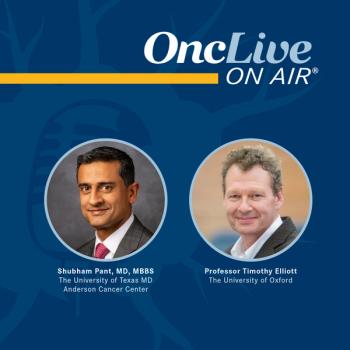
Pant and Elliott discuss research seeking to extend the benefits of cancer vaccines as cancer management and prevention strategies.

The top 5 OncLive videos of the week cover insights in myelodysplastic syndrome, lung cancer, hepatocellular carcinoma, colorectal cancer, and ovarian cancer.

Van Karlyle Morris, MD, discusses the efficacy of nivolumab plus ipilimumab according to stratification factors in dMMR/MSI-H mCRC.

Shannon Westin, MD, MPH, FACOG, contextualizes data from an exploratory biomarker analysis of the phase 3 DUO-E trial in pMMR recurrent endometrial cancer.

The top 5 OncLive videos of the week cover insights in colorectal cancer, prostate cancer, myeloma, renal cell carcinoma, and urothelial carcinoma.

John V. Heymach, MD, PhD, discusses updated findings from the phase 1b Beamion LUNG-1 trial of zongertinib in HER2-mutated advanced NSCLC.
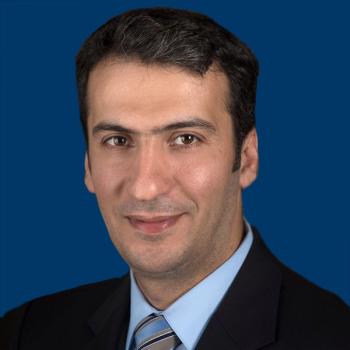
Results from the first-in-human phase I trial were presented at the 2025 AACR Annual Meeting.

Scott Kopetz, MD, PhD, FACP, and Mark A. Lewis, MD, discuss how ctDNA assays have improved MRD detection in CRC.

Scott Kopetz, MD, PhD, FACP, and Mark A. Lewis, MD, discuss ongoing research in CRC utilizing ctDNA.

Scott Kopetz, MD, PhD, FACP, and Mark A. Lewis, MD, discuss how to approach conversations about ctDNA with patients with CRC.

Scott Kopetz, MD, PhD, FACP, and Mark A. Lewis, MD, discuss findings for ctDNA in stage II/III CRC from the BESPOKE CRC trial.

Scott Kopetz, MD, PhD, FACP, and Mark A. Lewis, MD, on data from the GALAXY arm of CIRCULATE-Japan for ctDNA in stage II to IV CRC.

Scott Kopetz, MD, PhD, FACP, and Mark A. Lewis, MD, on why ctDNA remains a focus of research in colorectal cancer.
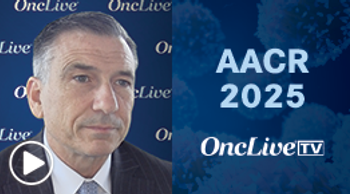
John V. Heymach, MD, PhD, discusses the activity of zongertinib in patients with previously treated advanced HER2-mutant NSCLC.
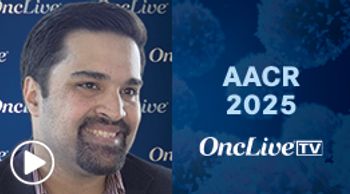
S. Daniel Haldar, MD, discusses outcomes for NeoAg-Vax with or without pembrolizumab in MSS metastatic colorectal cancer.

Olaparib plus pembrolizumab was safe and effective in HRR gene–mutated and/or HRD-positive advanced tumors.

Experts from across oncology specialties highlight research being presented at the 2025 AACR Annual Meeting.
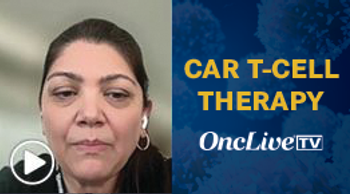
Sairah Ahmed, MD, discusses safety data with NKTR-255 in patients with relapsed/refractory large B-cell lymphoma.

Van Karlyle Morris, MD, discusses data supporting the FDA approval of nivolumab plus ipilimumab for dMMR/MSI-H unresectable or metastatic CRC.
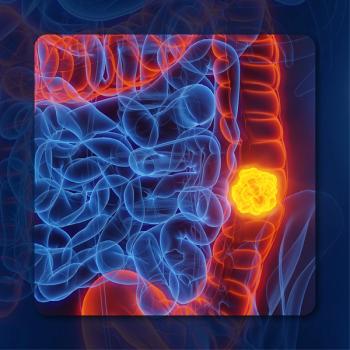
Scott Kopetz, MD, PhD, FACP, highlights the efficacy of encorafenib/cetuximab with mFOLFOX6 in BRAF V600E–mutated metastatic colorectal cancer.

Pamela T. Soliman, MD, MPH, discusses a phase 1 investigation of temsirolimus plus metformin in patients with recurrent endometrial cancer.

The top 5 OncLive videos of the week cover insights in myelofibrosis, chronic lymphocytic leukemia, colorectal cancer, breast cancer, and ovarian cancer.

A phase 1 trial demonstrated that AFM13-NK cells are safe and highly effective in heavily pretreated patients with lymphomas.
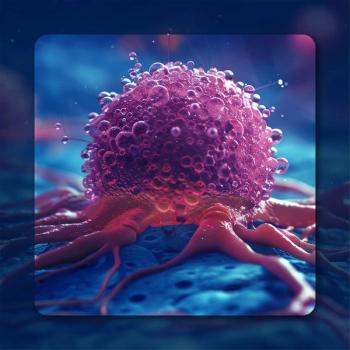
Osimertinib plus Dato-DXd elicits responses in patients with EGFR-mutated advanced NSCLC who progressed on first-line osimertinib.

Lung cancer clinician and prevention expert recognized for their achievements in advancing cancer care and research.

Xiuning Le, MD, PhD, discusses data from the HARMONi-2 trial of ivonescimab vs pembrolizumab in PD-L1–positive NSCLC.
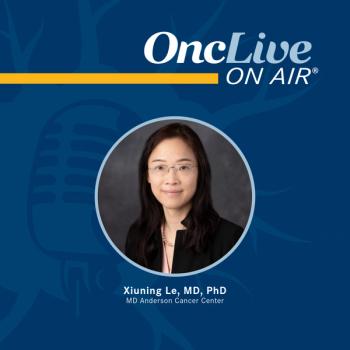
Xiuning Le, MD, PhD, discusses the HARMONi-2 trial of ivonescimab in patients with advanced PD-L1–positive non–small cell lung cancer.
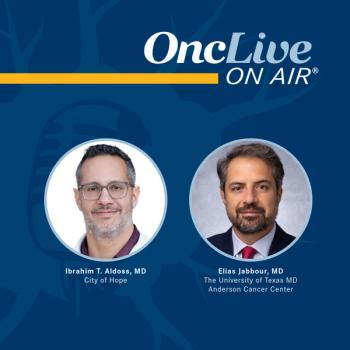
Drs Aldoss and Jabbour discuss an analysis of PhALLCON that support the use of ponatinib monotherapy after TKI/chemotherapy treatment in Ph-positive ALL.

Sairah Ahmed, MD, discusses findings from a phase 2 trial of NKTR-255 after CD19-directed CAR T-cell therapy in relapsed/refractory LBCL.